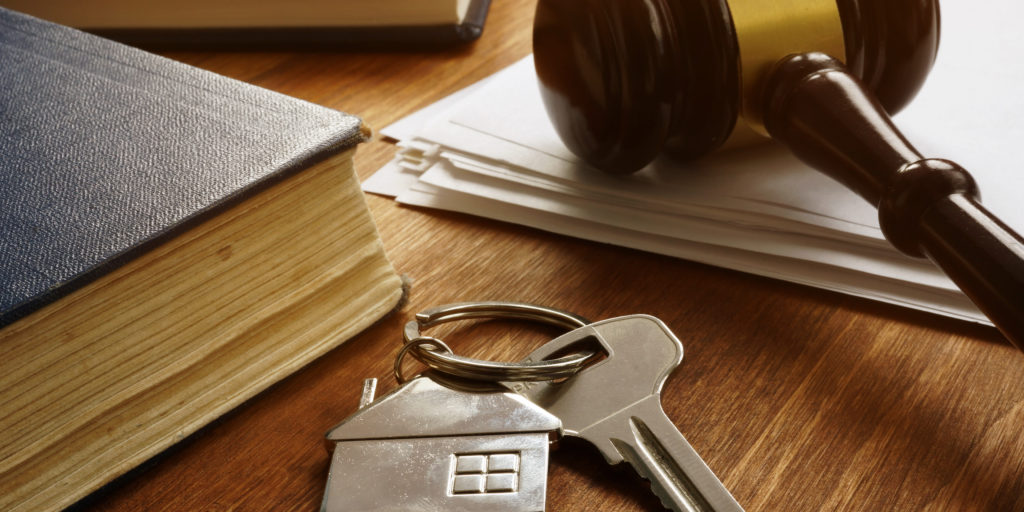There are a number of options that people living in the city have when it comes to living arrangements. While others have their own houses, some opt to live in apartments, still others also choose to purchase or lease a condominium unit. Choosing to live in a condominium has its perks.
There are various amenities that condominiums offer.
People whose actual residences are far away from their workplaces also opt to move to condominiums to be closer to the office. However, as condominium unit owners or tenants, there are certain responsibilities and obligations that one must do in order to be able to enjoy one’s continuous stay in the condominium.
One of these obligations is the payment of condominium dues.
What are condominium dues and what are these for?
In order for the residents of the condominium to be able to enjoy the amenities, safety, and security provided for by management to its residents, the corresponding condominium dues are needed to be paid on a monthly basis. These dues are required to be paid by the unit owner for the upkeep and maintenance of the condominium building and condominium grounds. These dues are more commonly known as association dues. If the unit owner is unable to pay the association dues for a certain amount of time, the amount of which the unit owner must be able to pay can inflate up on top of penalties, interests, and other such charges.
This is in line with the provision indicated in Republic Act No. 4726 also known as The Condominium Act. Section 2 of the said Republic Act defined a condominium as, “an interest in real property consisting of separate interest in a unit in a residential, industrial or commercial building and an undivided interest in common, directly or indirectly, in the land on which it is located and in other common areas of the building. A condominium may include, in addition, a separate interest in other portions of such real property…”
In the same law, it provides for the action that the condominium management can do in the event of delinquent payment of dues.
Section 20 states that “An assessment upon any condominium made in accordance with a duly registered declaration of restrictions shall be an obligation of the owner thereof at the time the assessment is made. The amount of any such assessment plus any other charges thereon, such as interest, costs (including attorney’s fees) and penalties, as such may be provided for in the declaration of restrictions, shall be and become a lien upon the condominium assessed when the management body causes a notice of assessment to be registered with the Register of Deeds of the city or province where such condominium project is located […] ”
The drawback in having a lien on the property is that the property may not be transferred to another person without payment of the outstanding association dues. This is because the condominium association will not issue a certificate of management allowing the buyer to transfer the property under its name. Further, the title will not be clean because it has an annotation of the unpaid dues claimed by the condominium association.
COLLECTION CASE
The condominium association may opt to file for a civil case of a collection of sums of money. Depending on the amount, this can fall under small claims, or summary procedure, or regular civil case before the appropriate courts.
Need further information and assistance regarding the method of the condo association to collect dues from unit owners? Talk to our team at FILEDOCSPHIL to know more about the requirements and process. Call us today at(+632) 8478 5826or send an email to info@filedocsphil.com for more information.








